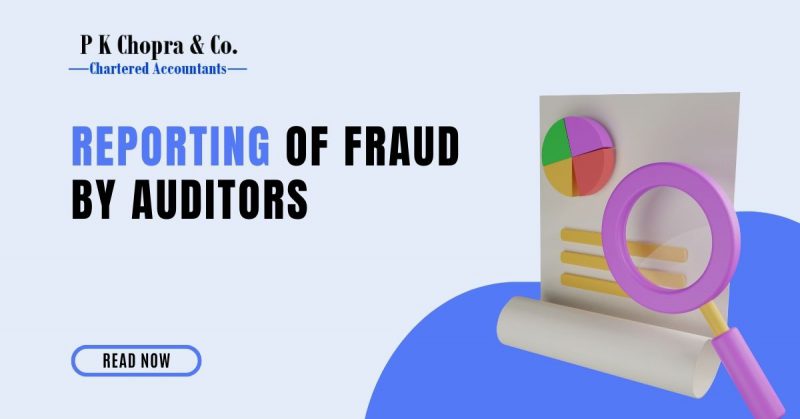Reporting of Fraud by Auditors
Fraud is a persistent problem in the business world, causing significant financial losses and damaging the reputation of organizations. To prevent and detect fraud, companies rely on auditors, who are responsible for conducting independent assessments of financial statements and identifying any red flags that may indicate fraudulent activity.
The role of auditors in reporting fraud is crucial, as they are often the first line of defense in detecting and preventing financial irregularities. This responsibility requires auditors to have a strong understanding of fraud risk and to be proactive in identifying and reporting suspicious activity.
One of the primary methods that auditors use to detect fraud is the examination of financial statements. This involves reviewing a company’s financial records to ensure that they are accurate and complete. If the auditor identifies any inconsistencies or irregularities in the financial statements, they will perform additional testing to determine if the issues are indicative of fraud.
In addition to reviewing financial statements, auditors also rely on other sources of information to detect fraud, such as interviews with employees, external sources, and analytical procedures. By gathering and analyzing data from multiple sources, auditors can paint a comprehensive picture of a company’s financial position and identify any potential fraudulent activity.
When auditors identify evidence of fraud, they are required to report it to the appropriate authorities. This may include the company’s management, the board of directors, or law enforcement. The auditor must take care to present the information in a manner that accurately reflects the nature and extent of the fraud, while also protecting any confidential or sensitive information.
The reporting of fraud by auditors is governed by several professional standards and legal requirements. For example, the International Auditing and Assurance Standards Board (IAASB) has established international standards for auditors that outline the procedures they must follow when reporting fraud. These standards require auditors to have a fraud risk assessment process in place, to communicate any suspected fraud to the appropriate parties, and to keep records of their activities.
Similarly, legal requirements, such as the Sarbanes-Oxley Act of 2002, impose additional responsibilities on auditors, including the requirement to report any fraudulent activity to the Securities and Exchange Commission (SEC).
The reporting of fraud by auditors is not without its challenges. For example, auditors may be reluctant to report fraud for fear of damaging their reputation, or they may be concerned about legal repercussions. Additionally, auditors may encounter resistance from management or other stakeholders, who may view the reporting of fraud as a threat to their interests.
To overcome these challenges, it is important for auditors to have strong ethical values and a commitment to maintaining the integrity of the financial reporting process. This requires auditors to remain vigilant in their efforts to detect fraud and to be prepared to report it to the appropriate parties.
In conclusion, the reporting of fraud by auditors is a critical component of maintaining the integrity of financial reporting. Through their expertise and ability to identify red flags, auditors play a crucial role in preventing and detecting fraud. To be effective, auditors must be proactive, diligent, and ethical in their efforts to report fraud, while also adhering to the professional standards and legal requirements that govern their activities.

